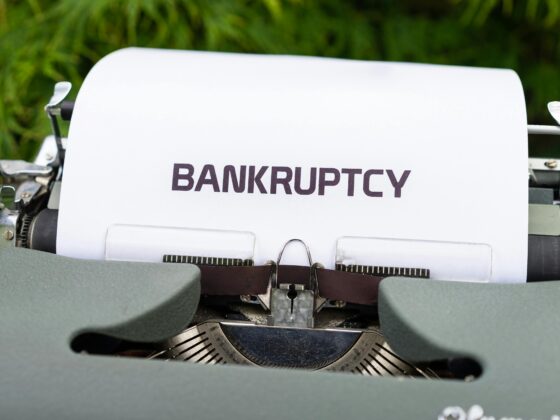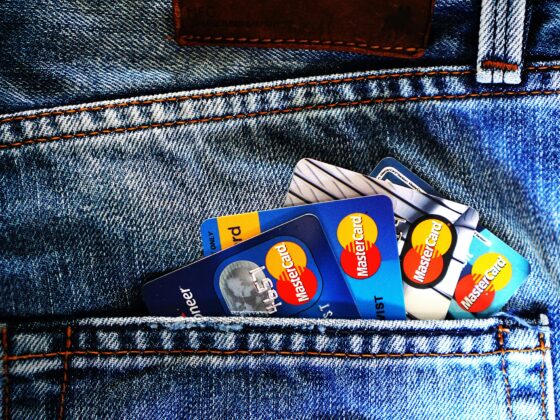How to Stay Out of Debt; Be Debt-Free After Paying It Off

Reaching a point where you’re debt-free is a powerful achievement—but the real triumph lies in staying that way. Many people ask: how to stay out of debt once they’ve paid it all off. This guide offers proven strategies, real-world insights, and actionable tips to help you maintain your financial freedom indefinitely.
1. Build and Maintain a Strong Emergency Fund
One of the most effective ways how to stay out of debt is by building a reliable safety net. Aim to save 3–6 months’ worth of living expenses in an accessible account. This cushion lets you handle unexpected emergencies—like car repairs or medical bills—without relying on credit or falling back into debt.
2. Continue Sticking to a Realistic Budget
Debt-freedom isn’t a finish line—it’s a lifestyle. Keep monitoring your income and expenses, adjusting as your situation evolves. A well-structured budget helps you live within your means and allocate funds toward savings, investments, and long-term financial goals.
3. Use Credit Wisely and Minimally
Credit cards can trip you up again if used carelessly. To ensure how to stay out of debt, opt for paying with cash or debit, or use credit cards sparingly—always paying them off in full each month. Keep your credit utilisation below 30% to preserve your credit score.
4. Guard Against Lifestyle Inflation
When income rises, it’s tempting to spend more. To stay out of debt, resist lifestyle creep—maintain your standard of living while directing extra income toward savings and investments.
5. Automate Savings and Investments
Automating transfers makes staying debt-free easier. Set up regular contributions to savings or investment accounts, even a small amount. Over time, consistency builds wealth and solidifies good financial habits.
6. Keep Learning About Personal Finance
Financial literacy is your best ally against debt. Keep educating yourself through books, podcasts, reputable blogs, and apps. Staying informed helps you make confident financial choices and adapt to new situations.
7. Set Clear, Motivating Financial Goals
Having tangible goals—like saving for a home, early retirement, or education—gives purpose to your financial routine. Break these into smaller, achievable targets and celebrate progress along the way.
8. Track Progress Regularly
Monitoring your financial health keeps you accountable. Whether it’s spreadsheets, apps, or visual trackers, seeing your savings grow and debt stay at zero keeps motivation high.
9. Be Mindful with Spending—Avoid Impulse Purchases
Impulse buying is one of the fastest paths back to debt. Before making non-essential purchases, pause and consider if they align with your budget and long-term goals. Even a 24-hour cooling-off period can help you resist unnecessary spending.
10. Seek Community or Professional Support When Needed
Staying debt-free isn’t always a solo journey. Consider joining support groups like a debt club for accountability, or consult a credit counsellor or financial advisor for guidance and personalised planning.
Summary Table: How to Stay Out of Debt
| Strategy | Why It Works |
|---|---|
| Emergency Fund | Prevents reliance on credit during unexpected events |
| Consistent Budgeting | Ensures spending stays within means |
| Smart Credit Use | Minimizes risk of accumulating new debt |
| Avoid Lifestyle Inflation | Keeps financial discipline as income grows |
| Automated Savings | Builds savings habit passively |
| Continuing Education | Empowers smarter financial decisions |
| Clear Financial Goals | Provides motivation and purpose |
| Regular Progress Tracking | Keeps momentum and accountability |
| Mindful Spending | Avoids impulsive purchases that derail finances |
| Community or Advice | Offers support, insight, and accountability |
Conclusion
Knowing how to stay out of debt after you’ve paid it off is as vital as eliminating the debt itself. With consistency, planning, and self-awareness, you can preserve your financial freedom and build a secure future. Think of this as an ongoing lifestyle—not a temporary fix.



